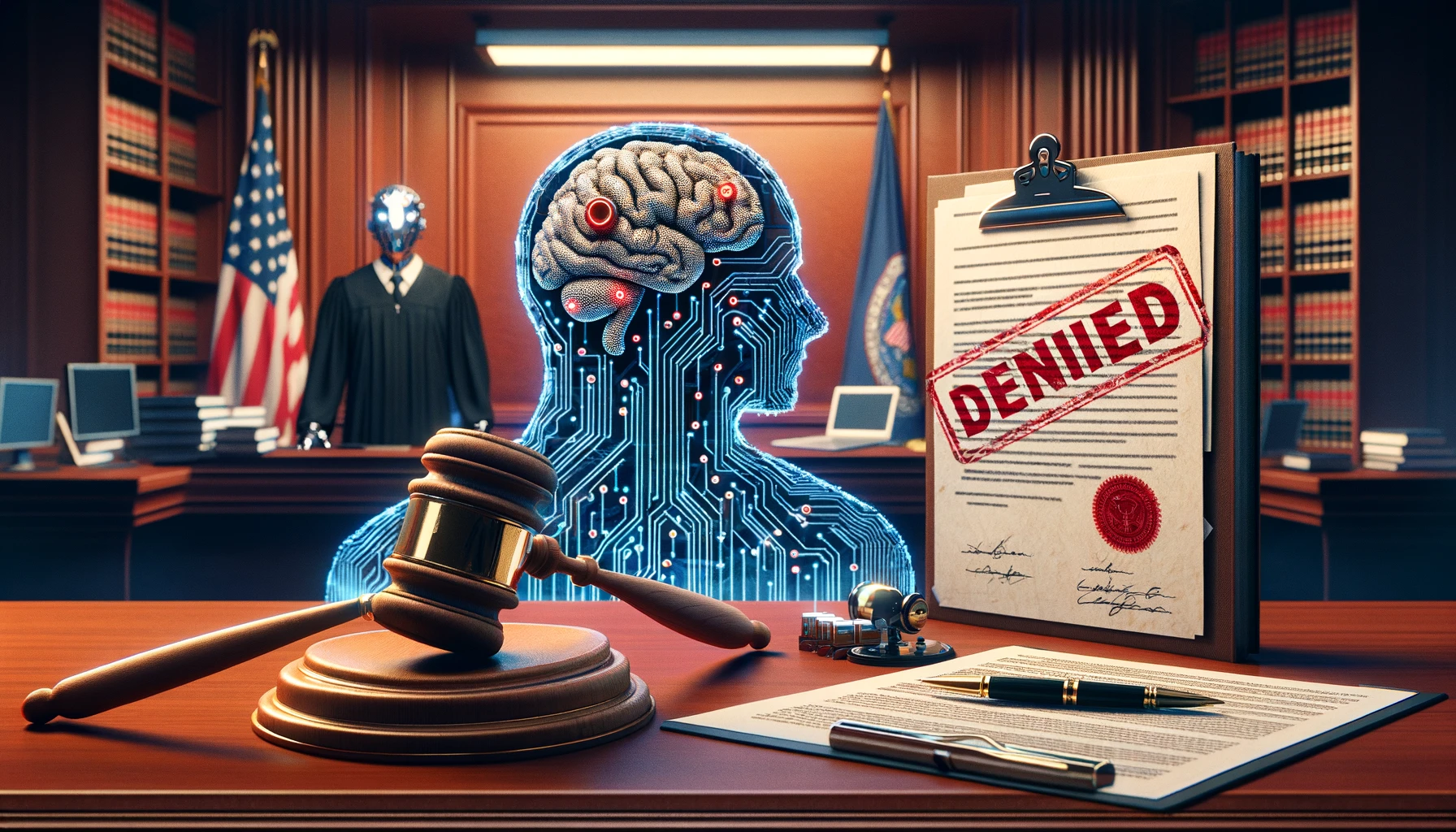In a pivotal move, the USPTO has refused OpenAI’s application to trademark the term “GPT”, stating that it is a generic term that merely describes the features, functions, or characteristics of OpenAI’s goods and services. This term, an acronym for Generative Pre-trained Transformer, is widely recognized within the tech community as referring to a specific type of artificial intelligence technology used for generating human-like text, images, music, and more, as well as for answering questions in a conversational manner.
The USPTO’s refusal is based on the principle that generic or descriptive terms cannot be trademarked because they need to be available for public use to describe the nature of their goods and services. The decision underscores the challenge of trademarking terms that have become common in industry vernacular, especially in rapidly evolving fields like artificial intelligence.
The Decision’s Background and Reasoning
OpenAI’s application was refused on the grounds that “GPT” is descriptive of the company’s services related to software goods employing artificial intelligence, machine learning, and natural language processing. The examining attorney argued that consumers encountering the term “GPT” would immediately understand it to signify a feature of OpenAI’s software goods and services, specifically referring to generative pre-trained transformers or neural network models capable of mimicking human-like outputs.
This ruling highlights the intricate balance between protecting intellectual property and ensuring that common language remains in the public domain. It brings to light the broader debate on how emerging technologies and their associated terminologies should be handled within the realm of trademark law.
Implications for OpenAI and the AI Sector
While the refusal to trademark “GPT” presents a setback for OpenAI in terms of branding and legal protection, it does not prohibit the company from using the term or continuing to lead in the development of this technology. OpenAI has the option to file an additional response or appeal to the Trademark Trial and Appeal Board if it wishes to contest the USPTO’s decision.
For the AI industry at large, this decision may set a precedent for how terms related to specific technologies are treated from a legal standpoint. It may encourage companies to develop unique brand names for their technologies that can be more easily protected as trademarks, rather than relying on descriptive or generic terms.
Moreover, the ruling could have implications for domain investors and other AI-related services that use the term “GPT” in their names. While OpenAI’s application was refused, the company may still implement its own terms to restrict the use of the “GPT” term by third parties, especially if they wish to use OpenAI’s technologies or services.
The USPTO’s decision to deny OpenAI’s trademark application for “GPT” underscores the complexities of intellectual property law in the face of advancing technology. It serves as a reminder of the need for a careful approach to trademarking terms in sectors characterized by rapid innovation and widespread adoption of new terminologies. As the AI field continues to evolve, so too will the legal frameworks that seek to protect and regulate its advancements.



